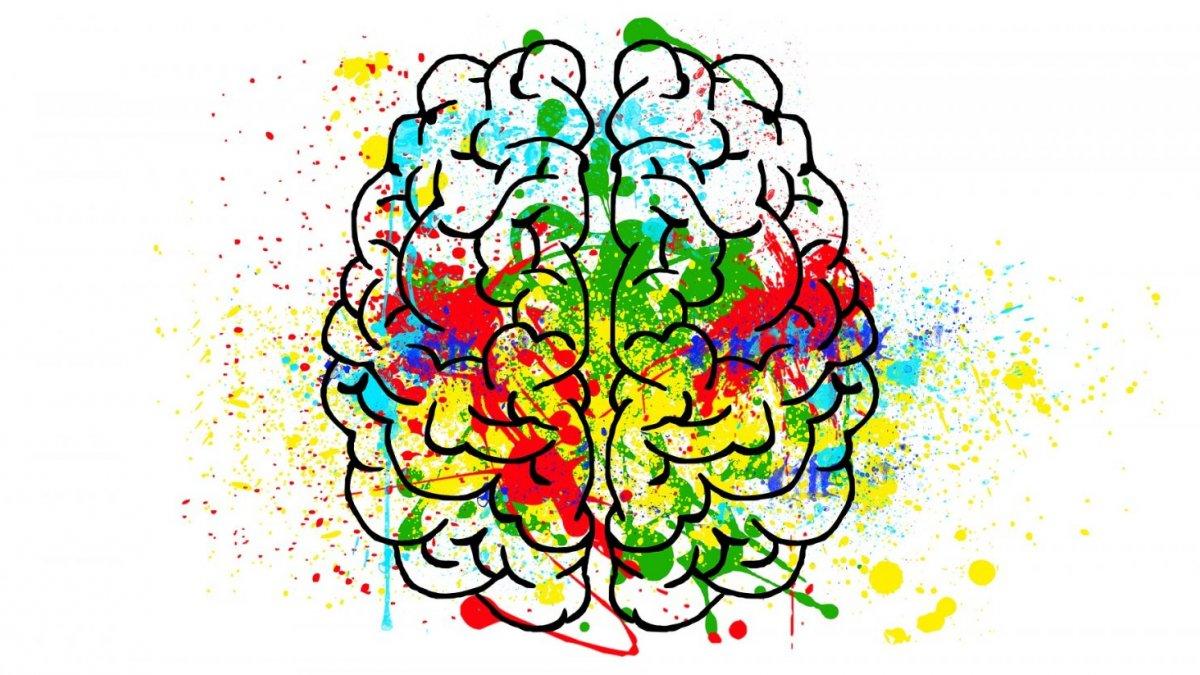Why Emotional Intelligence Matters: Unlocking Success in Modern education
In today’s fast-paced, ever-evolving educational landscape, cognitive skills alone are no longer sufficient for student success. Emotional intelligence in education is now recognized as a cornerstone for unlocking both academic achievement and lifelong well-being. But what exactly is emotional intelligence, and why does it play such a pivotal role in modern education? In this thorough guide, we’ll explore the profound impact of emotional intelligence, its benefits, real-life case studies, and practical tips to cultivate EQ in the classroom.
Understanding Emotional Intelligence in Education
emotional intelligence (EQ) refers to the ability to recognize, understand, manage, and utilize emotions—both our own and those of others. Coined by psychologists Peter Salovey and John Mayer and popularized by Daniel Goleman, EQ encompasses:
- Self-awareness: Understanding one’s own emotions
- Self-regulation: Managing emotions constructively
- motivation: Channeling emotions toward goals
- Empathy: Recognizing and respecting others’ feelings
- Social skills: Navigating relationships and teamwork
In the context of modern education, nurturing these emotional competencies is just as essential as teaching math, science, or language arts.
Why Emotional Intelligence Matters in Modern Education
Academic performance,classroom behavior,and lifelong success are deeply intertwined with students’ emotional well-being.Hear’s why developing emotional intelligence in schools should be a top priority
:
- Improved academic outcomes: Students with higher EQ outperform peers academically, as thay can manage stress and stay motivated.
- Enhanced classroom climate: EQ fosters positive relationships among students and teachers, reducing bullying and conflicts.
- Better decision-making: Emotionally intelligent students are more resilient, making thoughtful choices even under pressure.
- Preparation for real-world challenges: Beyond grades, EQ equips students with life skills vital for future careers and relationships.
the Science behind Emotional Intelligence and Student Success
research consistently links strong emotional intelligence with various positive outcomes in education:
- A 2011 meta-analysis published in Child Progress found that social-emotional learning (SEL) programs led to an 11 percentile-point gain in academic achievement.
- Students with higher EQ exhibit lower rates of anxiety, depression, and classroom disruptions (CASEL, 2024).
- Graduates with well-developed emotional skills enjoy greater career readiness and workplace adaptability.
Key Benefits of Emotional Intelligence in Education
- Promotes empathy and cultural understanding: In multicultural classrooms, EQ equips students to appreciate diverse perspectives.
- Enhances conflict resolution: Students adept at managing emotions handle disputes constructively, reducing disciplinary issues.
- Supports mental health: Building emotional intelligence helps students cope with academic and social stressors, contributing to overall well-being.
- Increases student engagement: Emotionally intelligent students participate more fully, as they feel safer and more connected to their peers and teachers.
emotional Intelligence and Teacher Effectiveness
It’s not just students who benefit—teachers with high EQ are more effective, build positive rapport, and adapt lessons to meet students’ emotional and academic needs.
Real-World Case Studies: Emotional Intelligence in Action
Case Study 1: Social-Emotional Learning at the Roots School,Oregon
The Roots School integrated a year-round SEL curriculum focusing on mindfulness,empathy,and conflict resolution. Consequently, student bullying rates dropped by 35%, and school-wide test scores improved by over 10% within two years.
Case Study 2: Peer Mentoring in London Schools
Several London secondary schools introduced EQ workshops and peer mentoring circles. Students reported feeling more confident discussing emotions and showed significant enhancement in class participation and attendance.
Practical Tips: How to Foster Emotional Intelligence in the Classroom
Integrating emotional intelligence into daily educational practice doesn’t require a complete curriculum overhaul. Here are some research-backed strategies teachers and parents can use:
- Model emotional regulation: Show students how you handle challenges calmly and reflectively.
- Encourage open dialog: Create a classroom culture where it’s safe to share and discuss feelings.
- Implement SEL programs: Leverage resources like CASEL or the Character Lab for age-appropriate emotional learning resources.
- Practice mindfulness: Simple breathing exercises or moments of silence reduce stress and boost focus.
- Use reflective questioning: After group activities or conflicts, ask students, “How did that make you feel? How might others feel?”
- Foster teamwork and empathy: Collaborative projects and buddy systems teach students to recognize and respond to emotions in others.
- Give regular, constructive feedback: Highlight students’ strengths in emotional as well as academic growth.
Parent and Community Involvement
Parents play a critical role in reinforcing emotional intelligence at home. Open conversations, modeling empathy, and exposing children to diverse experiences further amplify EQ gains from school.
Firsthand Experience: A Teacher’s Viewpoint on Emotional Intelligence
“Before we incorporated SEL, my classroom was often noisy and unfocused. By teaching emotional intelligence and practicing daily check-ins, everything changed. Students became more respectful and open, and academic performance soared. It proved to me that EQ is the secret ingredient to 21st-century learning.”
— Mrs. Thompson, Middle School Teacher
Conclusion: Emotional Intelligence is the Key to Educational Success
emotional intelligence matters more than ever in modern education. It is the foundation on which academic excellence, personal growth, and lifelong happiness are built. By making EQ a priority—through targeted programs, open dialogue, and mindful practice—educators empower students to thrive both in and out of the classroom. As we prepare the next generation for an interconnected and unpredictable world, let’s remember: the most vital lesson isn’t just what we think, but how we feel, connect, and grow together.
Are you an educator or parent seeking tips on nurturing emotional intelligence in young learners? Share your experiences and insights below—let’s build a brighter, more emotionally intelligent future, together!

